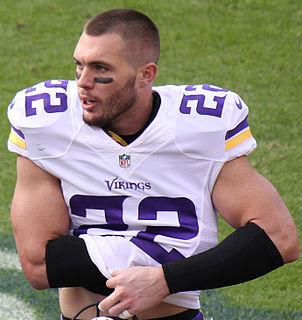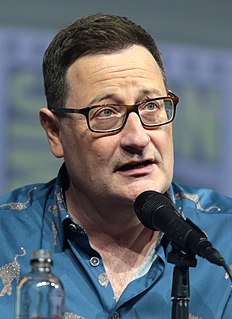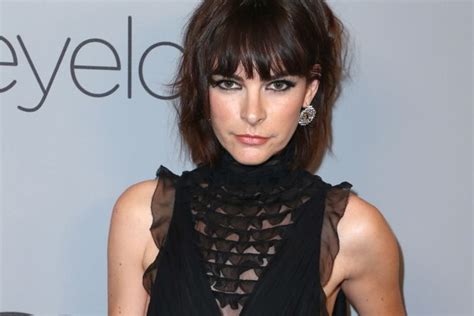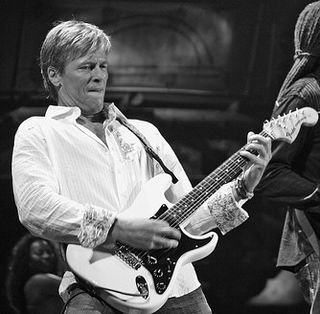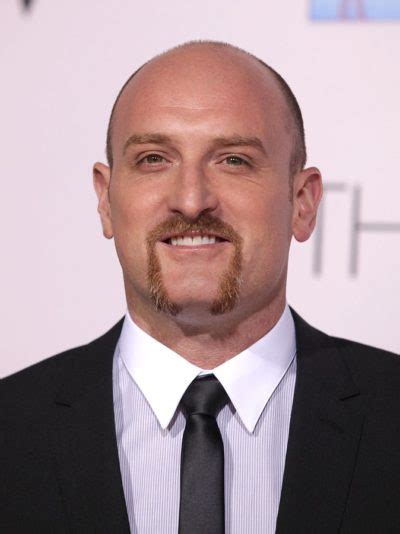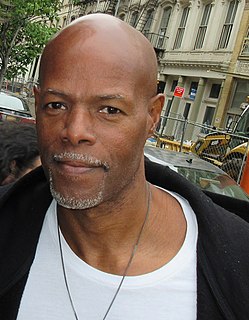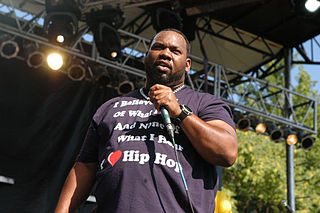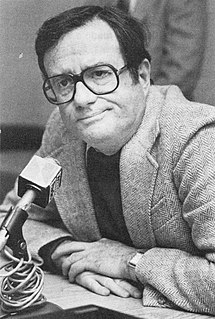A Quote by Harrison Smith
You always have to write script with a budget in mind. Although it's always good to write the big story, you really have to think about how things are going to work as far as cast, effects and settings. It's a process. You have to always think budget and then execute and make it happen.
Related Quotes
I'm not a big note-taker, so I think that the way I decide is that whatever I remember I always consider something that's important. If I remember a joke then I know it's a good joke, if I remember a story then I know it's a good story, and so that's how I curate what stories I'm going to write for the book. And I go over them again, make sure there's a theme and all that stuff, but mostly, it is intuition.
Be undeniably good. When people ask me how do you make it in show business or whatever, what I always tell them & nobody ever takes note of it 'cause it's not the answer they wanted to hear-what they want to hear is here's how you get an agent, here's how you write a script, here's how you do this-but I always say, “Be so good they can't ignore you.” If somebody's thinking, “How can I be really good?” people are going to come to you. It's much easier doing it that way than going to cocktail parties.
We write and write and write until we think, 'If we have to shoot this script, we'll be happy, and it's going to be a great movie.' I meet with all the actors two weeks before, and I ask them, 'What lines don't work? What is uncomfortable for you? What jokes do you think aren't good? If you're not getting it, here's what the joke is.' You fix it.
I always write to the moment. I've always been that kind of emcee. I don't wanna come in with all the paperwork and all o' that or whatever. That's good when you just an emcee from off the block that really don't have to work as hard as the next man. But when, you know... Y'all make me write like this, from, I guess, me makin' a classic and everybody callin' my stuff classic material - that makes me have to work ten times harder. But a lot o' times things just happen at the moment for me: spur o' the moment. That's just how it goes sometimes.
The best way is always to stop when you are going good and when you know what will happen next. If you do that every day ... you will never be stuck. Always stop while you are going good and don't think about it or worry about it until you start to write the next day. That way your subconscious will work on it all the time. But if you think about it consciously or worry about it you will kill it and your brain will be tired before you start.
